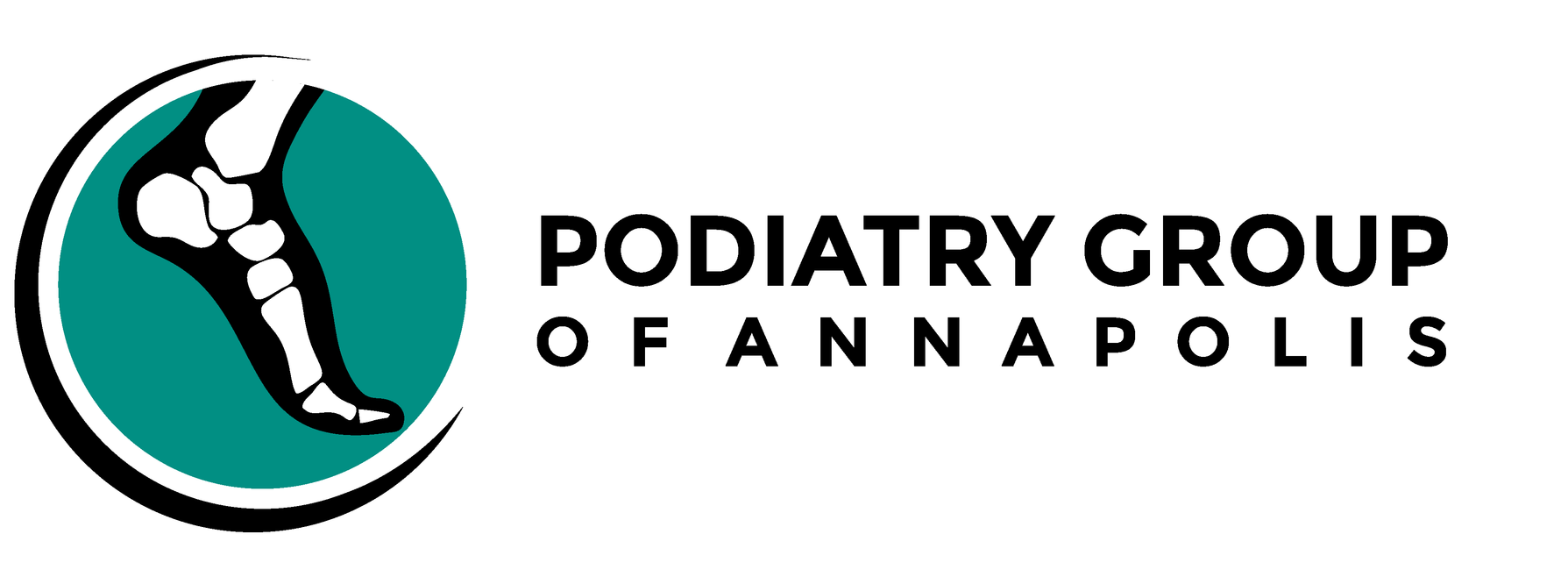That Swollen Big Toe Might Be Gout
When high levels of uric acid develop in your body, gout can occur. The acid forms sharp, needle-like crystals that cause sudden, intense pain when they settle in the joints. This is called a gout attack and can be accompanied by swelling, tenderness, redness, and warmth.
Gout usually typically suddenly and almost always overnight. The condition usually affects once joint at a time, but it’s possible for several to be involved simultaneously. Gout most commonly appears in the big toe, but it can also affect other joints in the leg and occasionally in the arms as well.
Symptoms of gout can include:
- intense joint pain
- lingering discomfort
- inflammation and redness
- limited range of motion
Managing Your Risk of Gout
Gout occurs in about 4% of American adults. People who are very overweight are at a higher risk for gout and tend to develop gout at a younger age than people who are not. Gout is more common in men than women until age 60, although scientists haven’t proven why. It is generally believed that naturally occurring estrogen protects women up to that point.
You can reduce your risk of gout through healthy diet and regular exercise. Maintain a healthy weight. Health conditions such as high cholesterol, high blood pressure, diabetes and heart disease can be contributing factors in the development of gout. Be sure to visit your doctor for regular checkups, especially if you have a family member with gout, as it can run in families.
Your risk of gout goes up with the percentage of red meat and shellfish in your diet, so choose chicken and other lean protein sources when you can. Consume no more than two liquor drinks, glasses of wine, or beers per day and save drinks sweetened with sugar or high fructose corn syrup for special occasions as they have recently been linked to increased gout risk.
Do you suspect that you may have gout? Have you recently experienced what you think may be a gout attack? Dr. James M. McKee has years of experience diagnosing your symptoms and treating your pain. Call 410-224-4448 or click here to schedule a convenient appointment in Podiatry Group of Annapolis, P.A.’s Annapolis office today.

